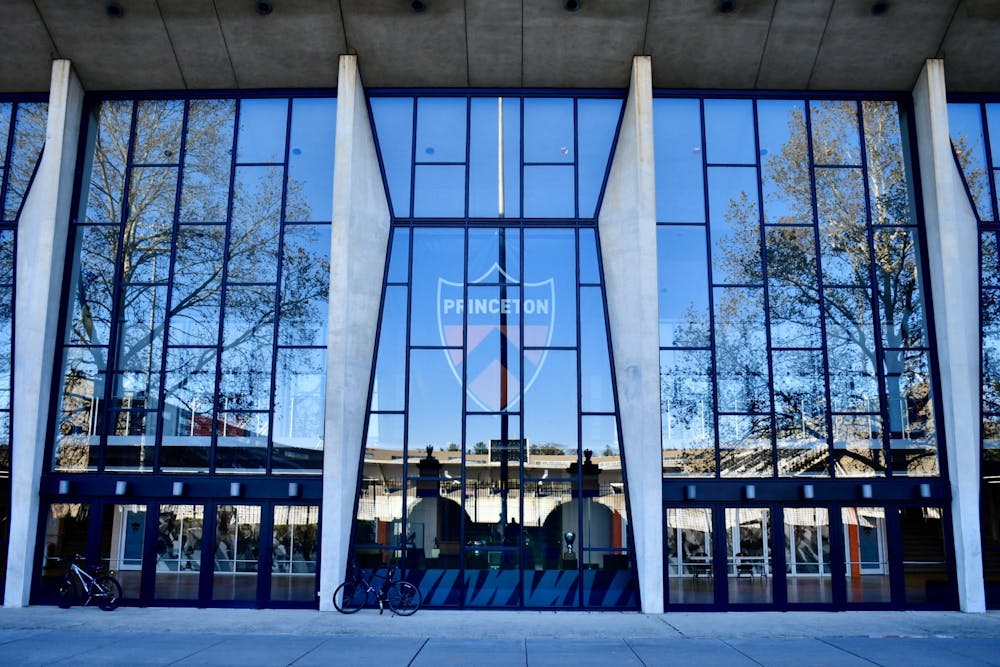The future of athletic financial aid in the Ivy League is up in the air as Congress allowed a congressional antitrust exemption to expire last Friday, Sept. 30. The exemption permitted the Ivy League to unilaterally ban merit-based athletic scholarships without being in violation of antitrust law. Without such protection, the Ivy League could be vulnerable to lawsuits if its eight members continue their no merit scholarship policy, according to an ESPN article.
In a statement to The Daily Princetonian, Deputy University Spokesperson Michael Hotchkiss said that the University determines financial aid “independently ... and [aid is] not affected by the expiring exemption. The University does not foresee any alterations to its best-in-class financial aid program.”
While Princeton is not planning any changes to their policy, a change in policy by any member of the Ivy League might alter the dynamics of the conference altogether.
The expiration follows a June 2021 Supreme Court ruling in National Collegiate Athletic Association v. Alston that any barring of “modest education-related payments” to student athletes by the National Collegiate Athletic Association (NCAA) is in violation of antitrust law.
With no protection under law, schools in the Ivy League may be forced to compete with one another for student athletes via athletic scholarships for the first time since 1994, when the exemption was established. If they do not allow for merit-based scholarships to all students, including athletes, the precedence set under NCAA v. Alston may lead to legal claims that the universities within the Ivy League are colluding with one another to avoid competing for student athletes, a violation of antitrust law, according to a letter cited in the Yale Daily News.
“Princeton has the funds necessary to give athletic scholarships to hard working athletes who put their education first,” Justin Kim ’26, a pitcher on the baseball team, told the ‘Prince.’
“I believe they should receive at least a small portion of athletic scholarship to help them pay for school, considering that Princeton is relatively very expensive,” he said.
Additionally, according to the U.S. Department of Education, the Ivy League schools’ athletic programs, on average, generated $34 million in 2019. Student athletes at Princeton believe they should be rewarded for contributing to this athletic revenue as well as for balancing academics with education.

Shea Greene ’26, a javelin thrower on the women’s track and field team, said that athletic scholarships would provide important assistance to student athletes.
“It would provide additional financial support while encouraging student athletes to focus on higher education. It would also reward athletes for dealing with demanding schedules and bringing in revenue during athletic events,” she said.
Some athletes, though, have expressed support for Princeton’s aid policies.
Lindsey Lucas ’26, a goalie on the women’s water polo team, told the ‘Prince’ “the lack of athletic or merit scholarships at Princeton is made up for by the amazing financial aid here.”

“I also understand that it can be a sort of reward at many schools to receive scholarships because of your athletic or academic achievements, but I feel that it is more than rewarding enough that I am able to attend this amazing institution,” she said.
Some athletes, such as Kim, told the ‘Prince’ that Princeton’s lack of athletic scholarships made coming to the University a difficult decision.
“During my recruitment process, I was interested in quite a few schools that had offered me scholarships to play for them,” he said. “This made my decision to commit to Princeton very tough, because I knew I'd be in debt upon graduation.”
Greene added that “offering athletic scholarships would attract more athletes to the Ivy League, making the league more competitive with the NCAA and the larger schools that have always offered scholarships.”
Kim agreed, saying that if the University adopts athletic scholarships, it will “attain a much higher level of athletes that will push Princeton athletics to the next level.”
Bridget O’Neill is a news contributor for the ‘Prince.’ She can be reached at bo1815@princeton.edu, @bridgetroneill on Twitter, and @bridgetroneill on Instagram.








